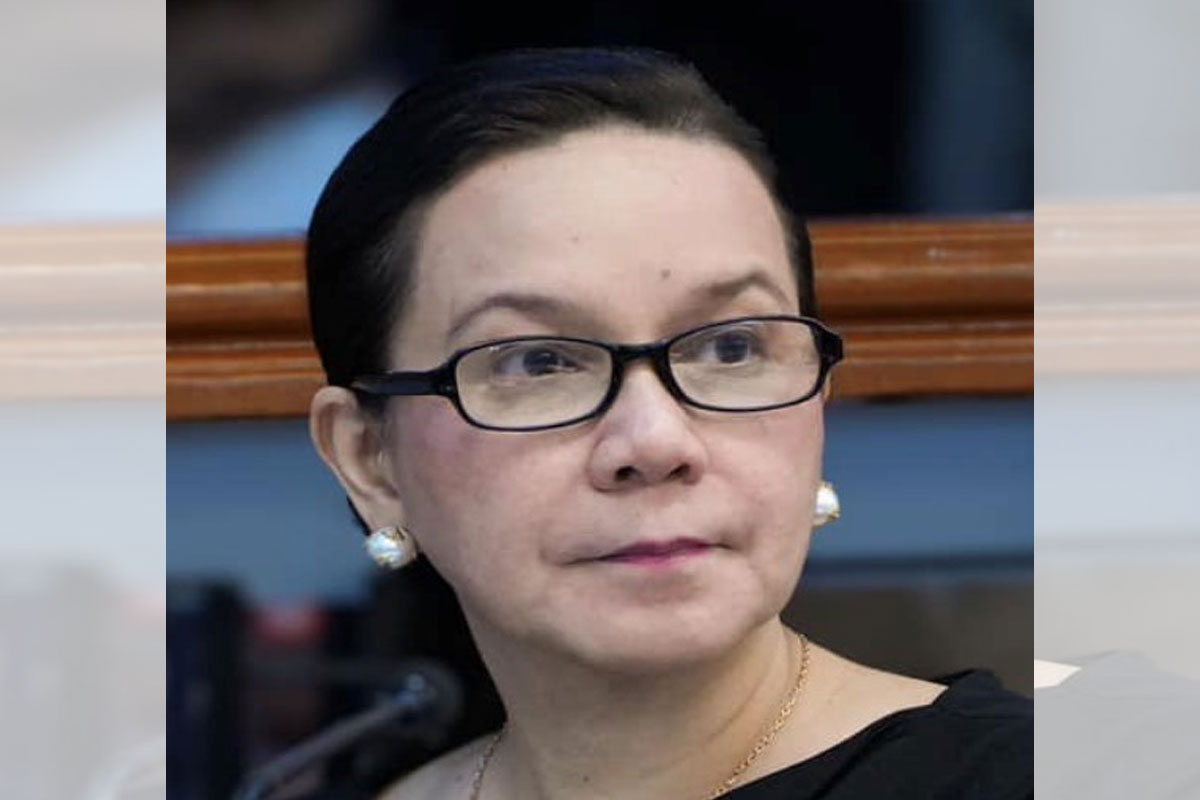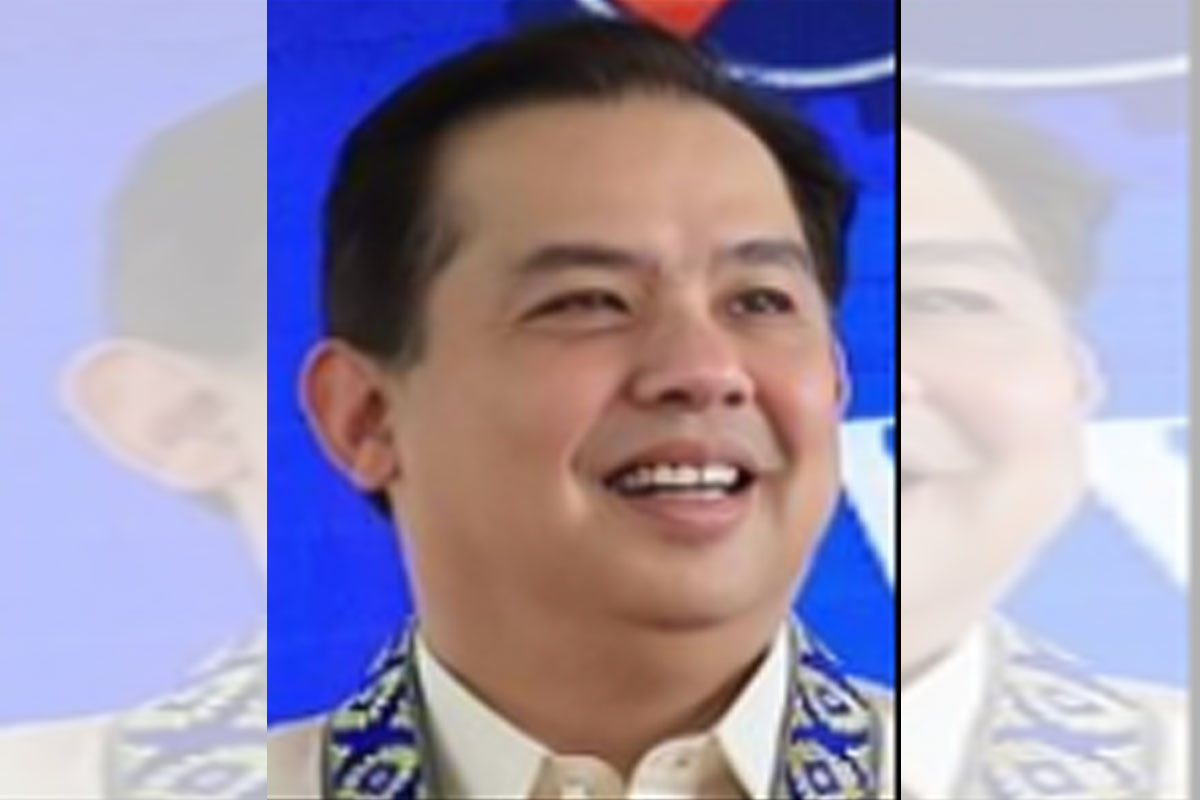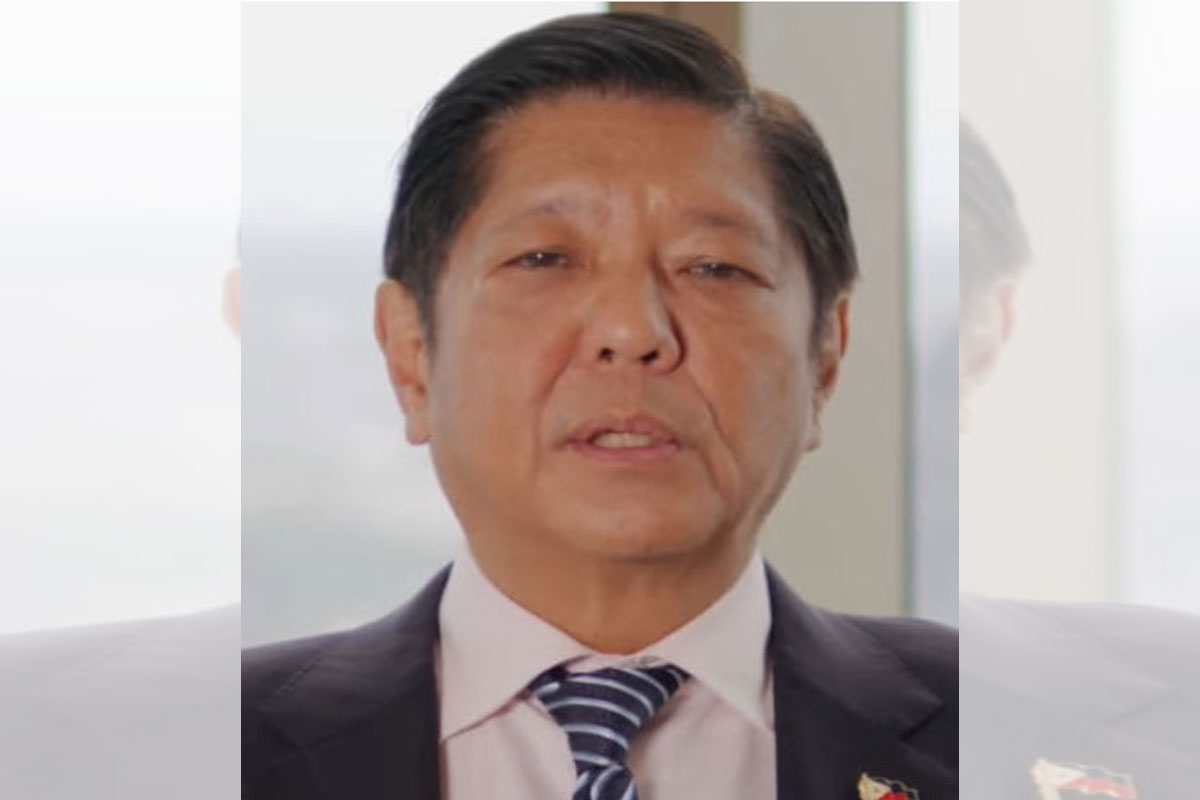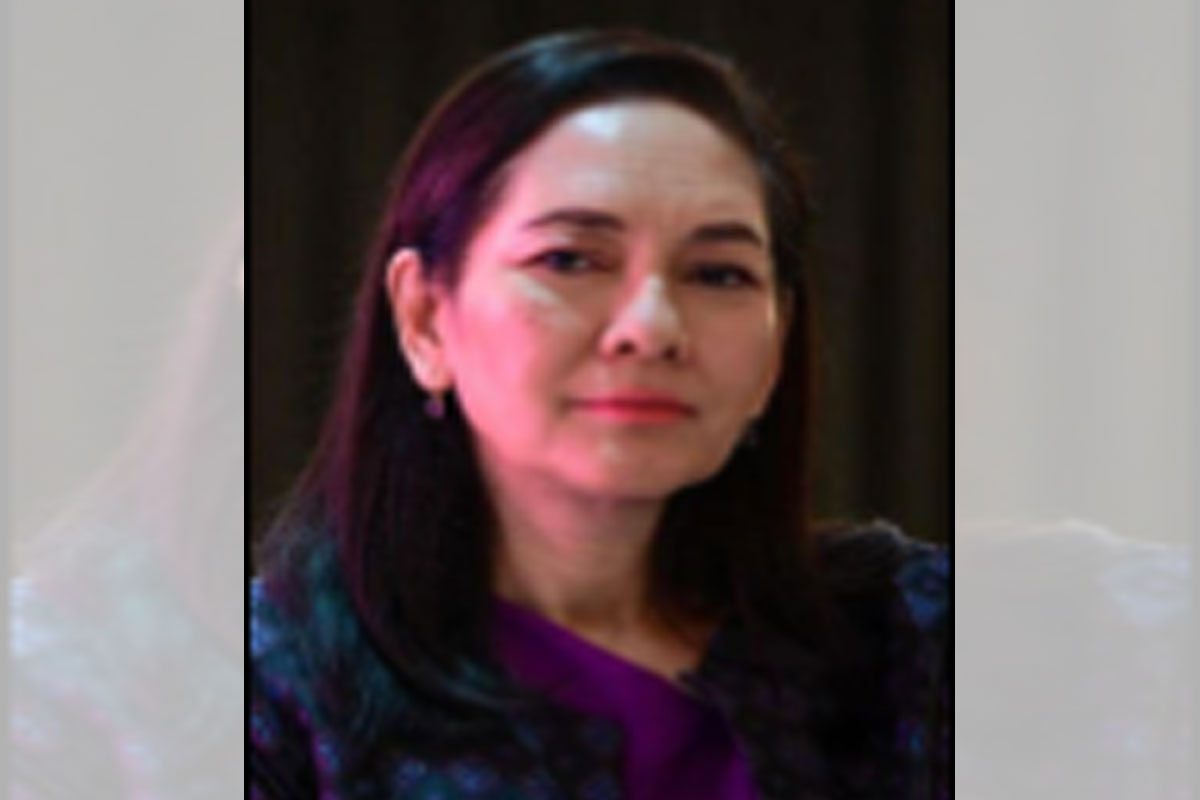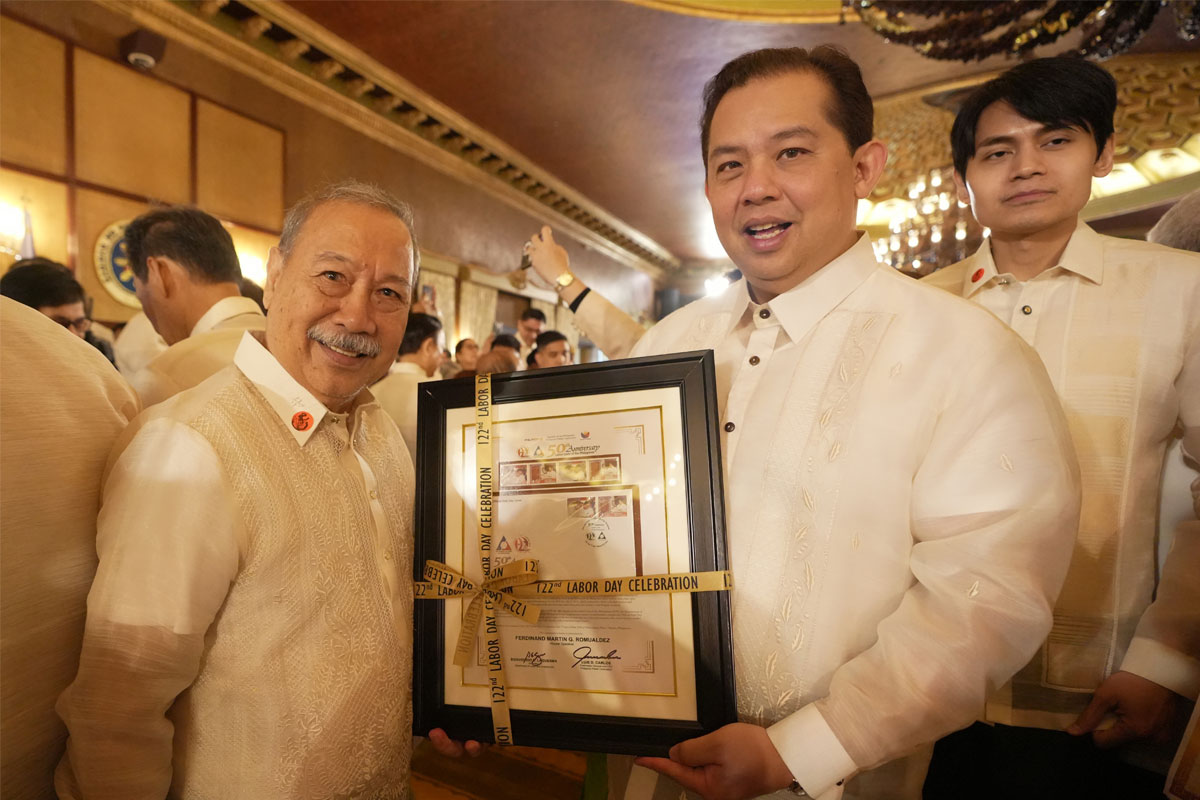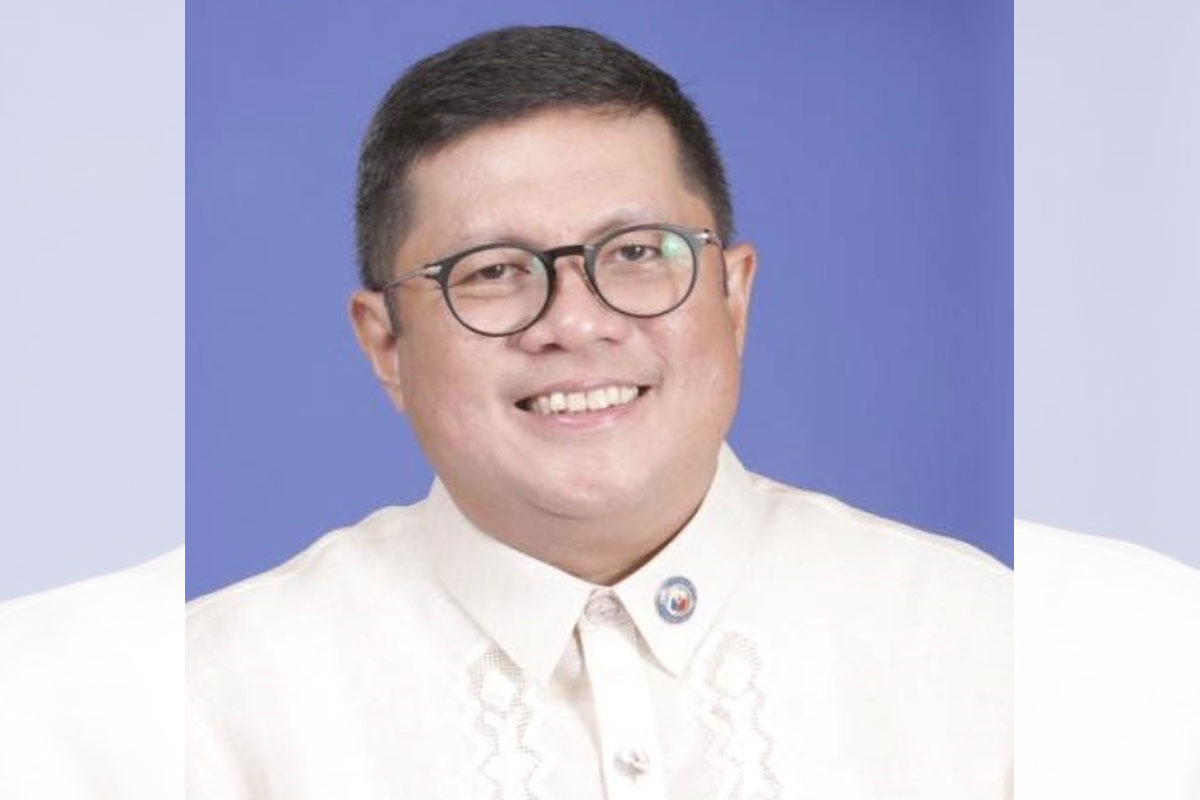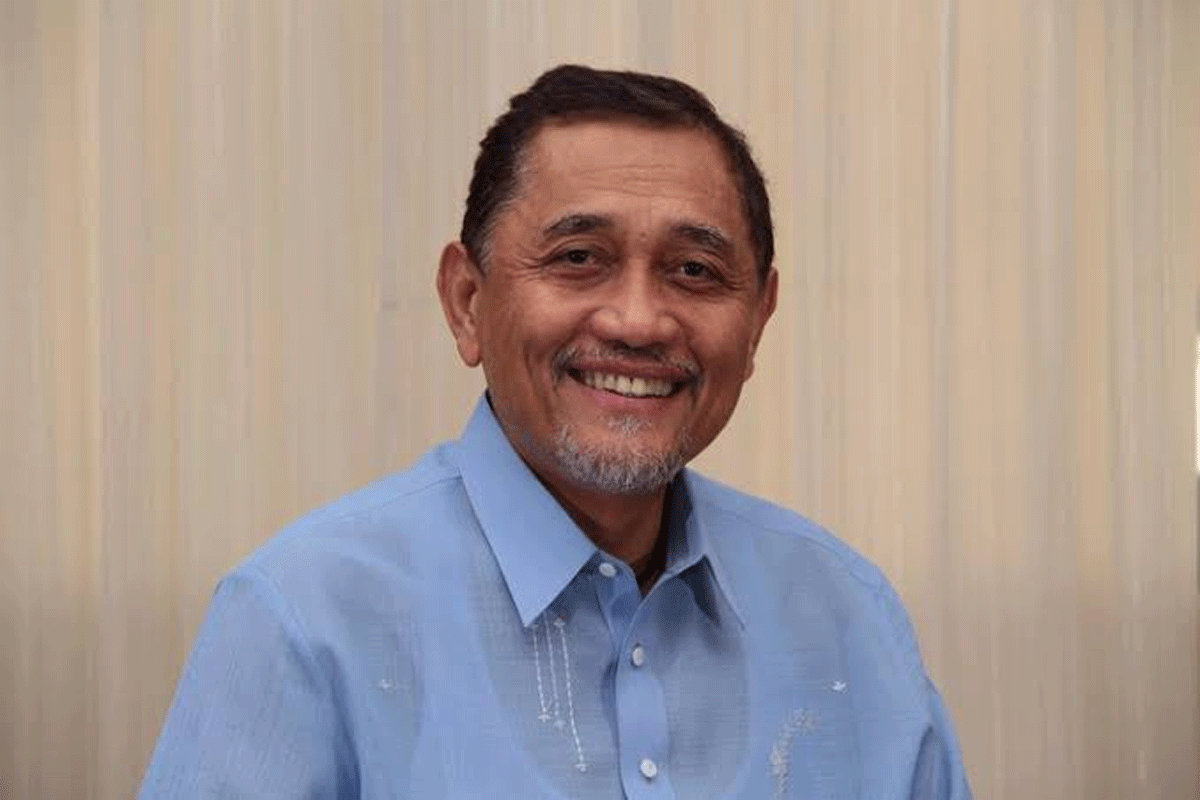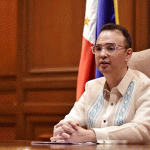
Bong Go applauds provision of death, burial benefits to IP reps in barangays
Senator Christopher “Bong” Go lauded President Rodrigo Duterte for authorizing payment of death and burial benefits to indigenous peoples mandatory representatives (IPMR) in barangays who die during their term of office, citing that even before he ran for the Senate in 2019, he was at the forefront calling for such benefits to be granted.
“Kinokomendahan ko po ang pagpirma ni Pangulong Rodrigo Duterte noong June 18 ng Executive Order No. 139 na nagbibigay ng awtoridad sa pagbibigay ng death at burial benefits sa Indigenous Peoples Mandatory Representatives o IPMRs sa mga barangay,” said Go.
“Malaki po ang maitutulong at maidudulot nito sa mga kababayan nating katutubo, lalo na sa mga pamilya ng kanilang mga lider, sa gitna ng kasalukuyang pandemya,” he added.
“There is a need to recognize the invaluable contribution” of IPMRs in barangays, the President stated in Executive Order No. 139.
It tasks the Department of the Interior and Local Government, as well as the Department of Budget and Management and the National Commission for Indigenous Peoples, with determining the amount to be used to cover IPMRs’ death and burial benefits.
Furthermore, EO 139 asserts that such compensation is in full compliance with the Implementing Rules and Regulations of Republic Act No. 8371, also known as the Indigenous Peoples Rights Act. According to the said legislation, Indigenous peoples’ representatives in all policy-making bodies and local councils should have the same rights as regular members of the legislative and policy-making bodies they belong to.
Even before he became senator, Go had vowed to promote the interests and welfare of the IPs, saying he wants to make sure they are not marginalized in our society.
In 2019, Go recommended to the Office of the President the grant of PhP3,000 Christmas incentives to elected barangay officials, including IPMRs, to show appreciation for their hard work in their respective communities.
“Wala po kaming ibang hangarin ni Pangulong Duterte kundi ang kabutihan ng bawat Pilipino dahil mahal namin kayo,” Go said.
The senator has also been assisting indigenous communities affected by the pandemic. On May 20, Go provided assistance to indigenous communities, former rebels and farmers in Mati City, Davao Oriental amid hardships caused by the ongoing COVID-19 pandemic.
He also expressed his support for the construction of the Masandag Tribal Village in Tagum City, Davao del Norte which will offer proper housing to 400 members of indigenous groups in the area as his team extended additional assistance to the IP community.
“Sa wakas, matutupad na rin ang pangarap ng ating mga kapatid na Lumad na magkaroon ng sariling bahay, at inyo na talaga itong mga bahay,” Go said in a video message played during the ceremonial Memorandum of Agreement signing, turnover of checks, and groundbreaking of the tribal village housing on May 19.
Go said that the project is a testament to the synergy of the Duterte Administration and the whole of society to support communities affected by the pandemic and to ensure that no Filipino is left behind on the path towards recovery and progress.
Go also filed Senate Bill No. 391 or the Magna Carta for Barangays which seeks to further strengthen the barangays, recognizing their critical role as the country’s basic political unit and frontliner in the delivery of government services.
The measure will declare the Punong Barangay, members of the Sangguniang Barangay, chairperson of the Sangguniang Kabataan, barangay secretary and barangay treasurer as regular government employees, and will be entitled to salary, emoluments, and allowances.
Go also supported the postponement of the 2019 Barangay and Sangguniang Kabataan elections to December 2022. He argued that the move would give the next elected president and new barangay officials the opportunity to work and accomplish programs together.
Duterte eventually signed into law the bill postponing the elections on December 3, 2019 and was enacted as Republic Act No. 11462.




